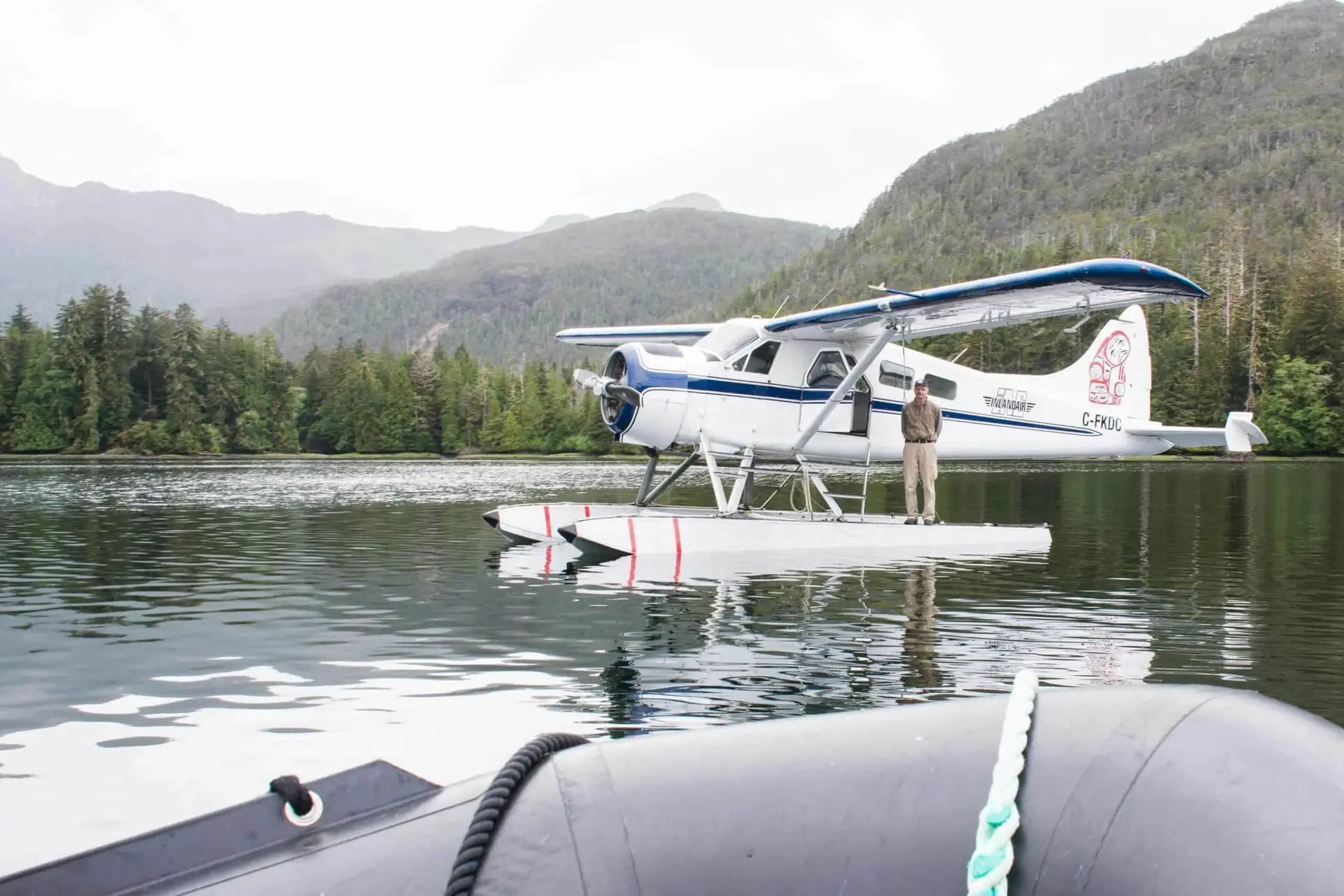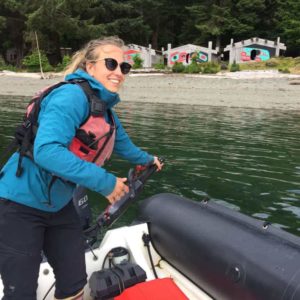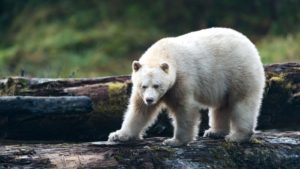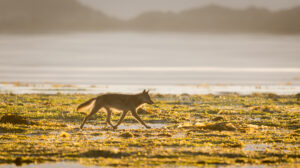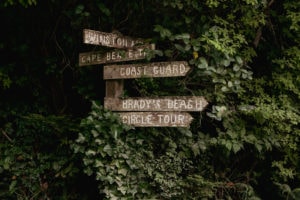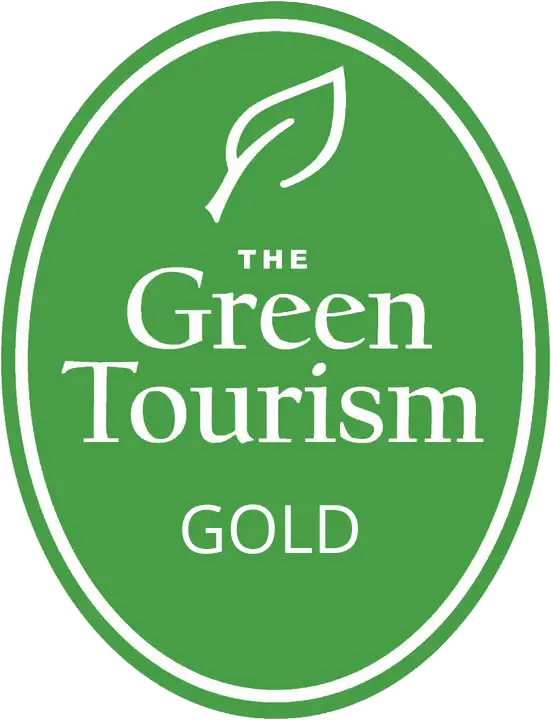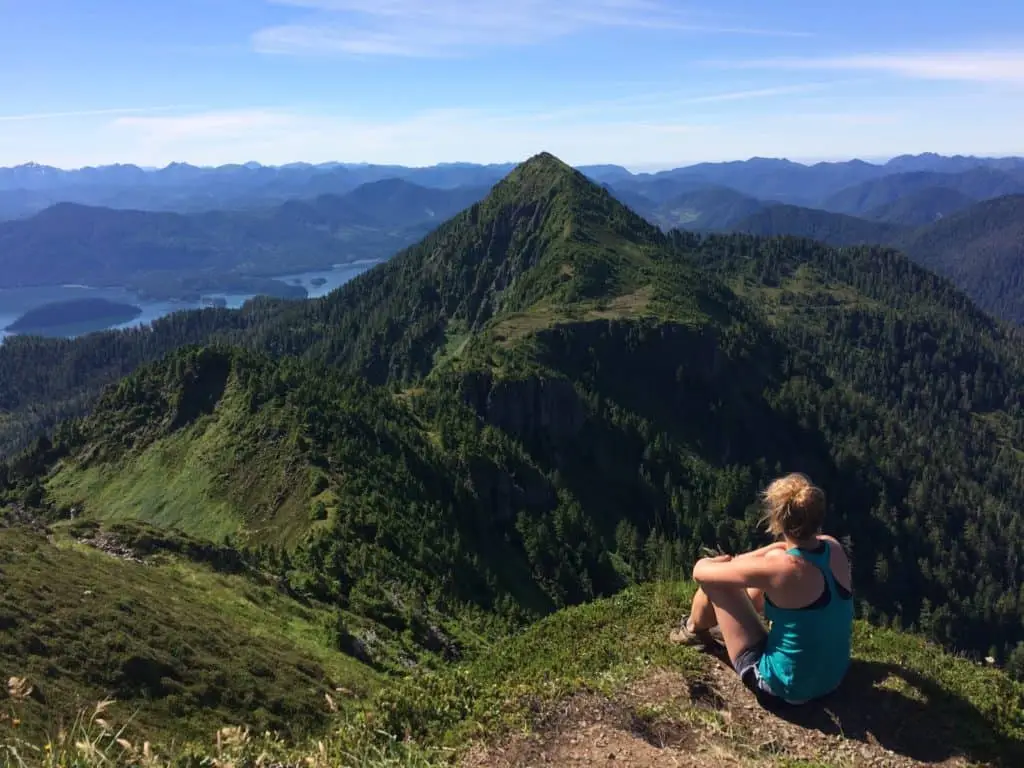
Summer Sojourn – part 1
Reflections from a dispatch on the edge of the world
As I began my journey east across the Hecate Strait I reflected on my summer sojourn on the edge of the world. It felt like years since I did the westward crossing when really only a mere two-and-a-half months had gone by.
Under a blanket of grey, we slipped away from the dock as the pigeon guillemots lined the pilings staring up with a cock-headed gaze. The ferry gently pushed off into Skidegate Inlet and headed north along the eastern shore of Graham Island, as if they knew I wasn’t quite ready to say goodbye. It was remarkably sad to watch the islands finally dip below the horizon as we veered east towards the mainland coast of British Columbia, and back to the reality of a busier time and place.
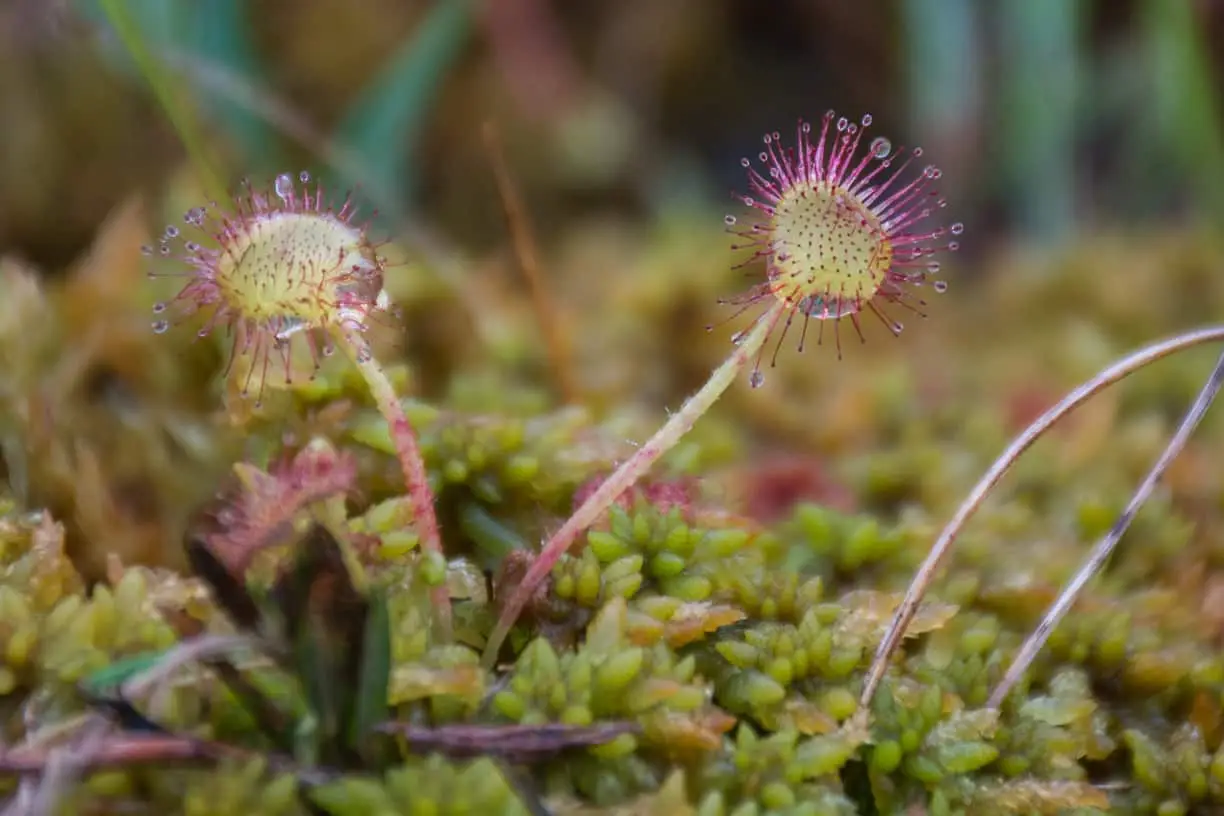
Living remotely has a way of slowing things down, offering the ability to pay attention to the little things. The ability to watch the changing flora; familiarizing yourself with bird calls; enjoying the berries as they come to fruit along the roadways; and impromptu morning swims in the sea. ‘Island time’, I could get used to that.
I’m not sure there are words to explain my time in Haida Gwaii. Although I will try, I don’t believe these words will do it justice. Someone recently told me that Haida Gwaii is not a place, but rather a feeling. Upon my arrival, I was bright-eyed and in awe of everything: the vibrant greens, the misty islands, the shimmering ocean, the lush landscapes, and the abundance of edible berries. This would prove to be a daily elation that did not dissipate and only amplified as the summer went on.
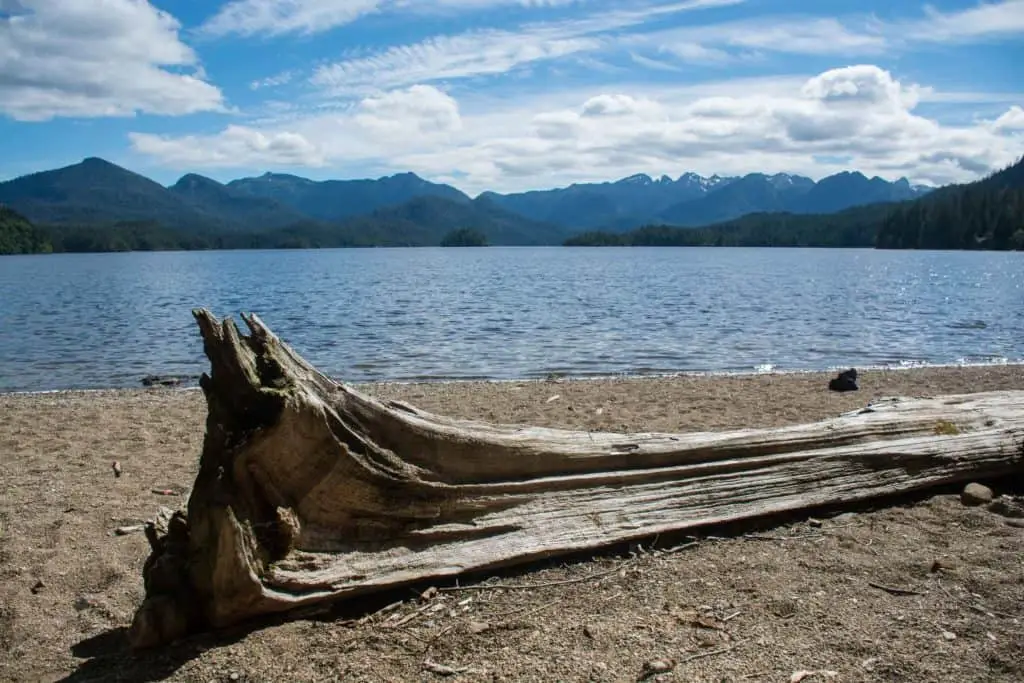
There are many things about these islands on the edge that made my stay so incredible, but at the height of it all were the people. The welcoming hospitality of the Haida, who have called this place home for millennia. The collection of islands were referred to as the Queen Charlotte Islands, or just “The Charlottes” until 2010 when the traditional name was officially returned. Haida Gwaii literally translates to ‘Islands of the People’, and to me couldn’t be more accurate. The passion for their land, pride of their culture, and willingness to protect, teach, and share is regarded as a model worldwide for First Nations reconciliation and education, as well as land and wildlife conservation.
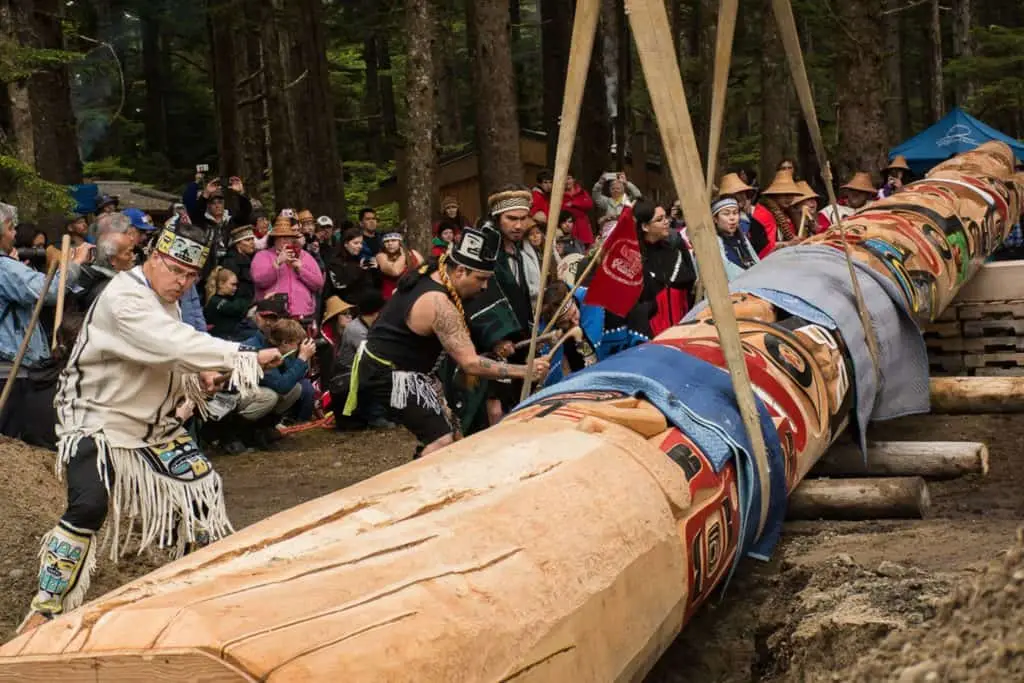
The Haida believe that they are not separate from their environment. Everything is connected: “land, sea, and sky, together as one.” Being part of the community in which we operate was a foregone conclusion. How can you truly showcase and learn from a region without being a part of it? The most rewarding has been getting to know the Haida Watchmen, the stewards who watch over this land, sea, and sky.
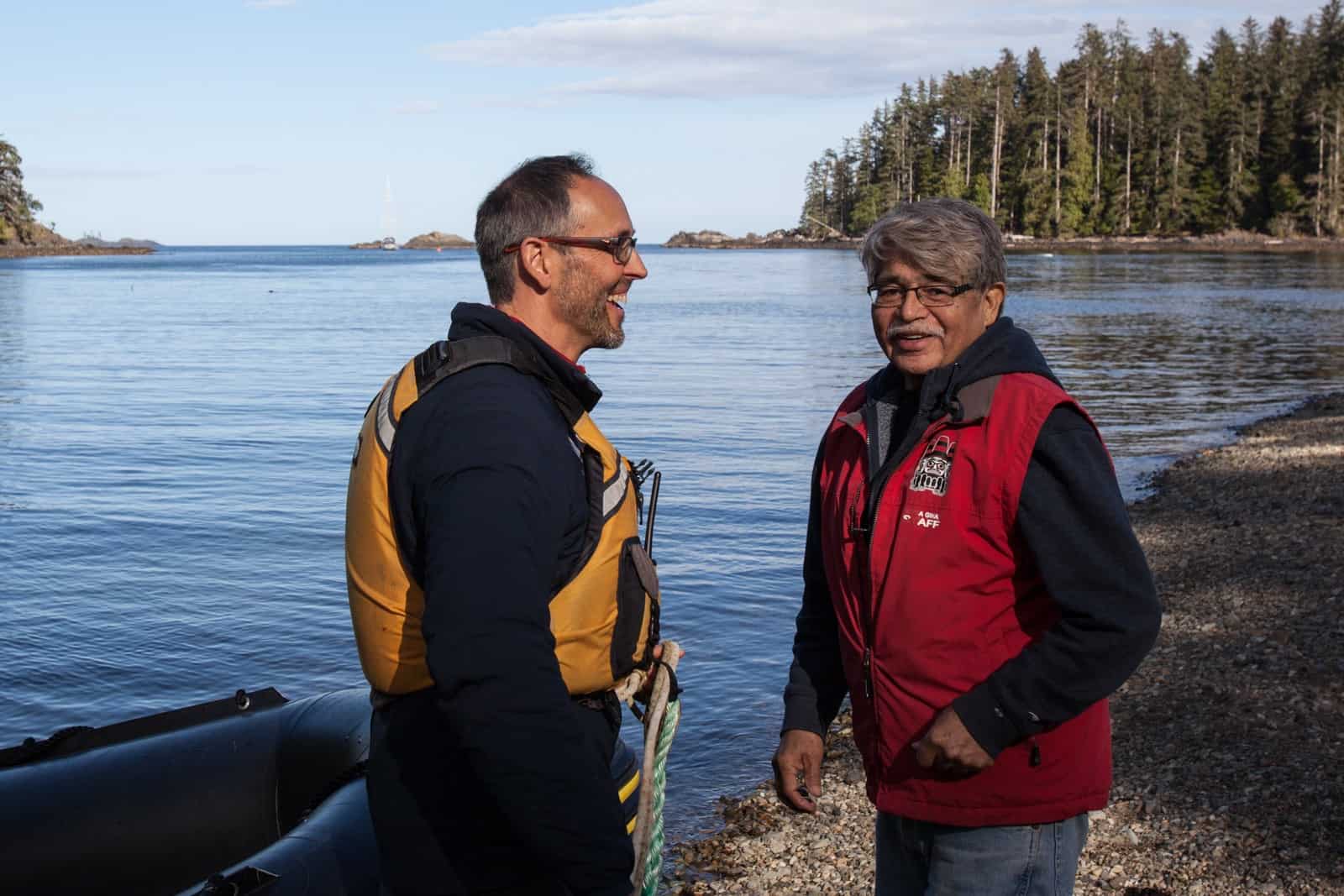
I set-up a satellite office and a home-away-from-home in Daajing Giids (Queen Charlotte) on Graham Island – the unofficial capital and the most populated of some 160 islands and well over 1000 islets that make up the archipelago of Haida Gwaii. Much of my free time was spent exploring the many wild spaces and learning about the cultural fabric that is so tightly interwoven throughout the islands. I attended events from pole raisings and parades, to races, running clubs, farmers markets, and feasts. I even joined a uke-ladies group! Every activity enlivened my spirit for this magical place. There is an unspoken invitation for inclusion that encourages everyone to get involved, to learn and to grow.
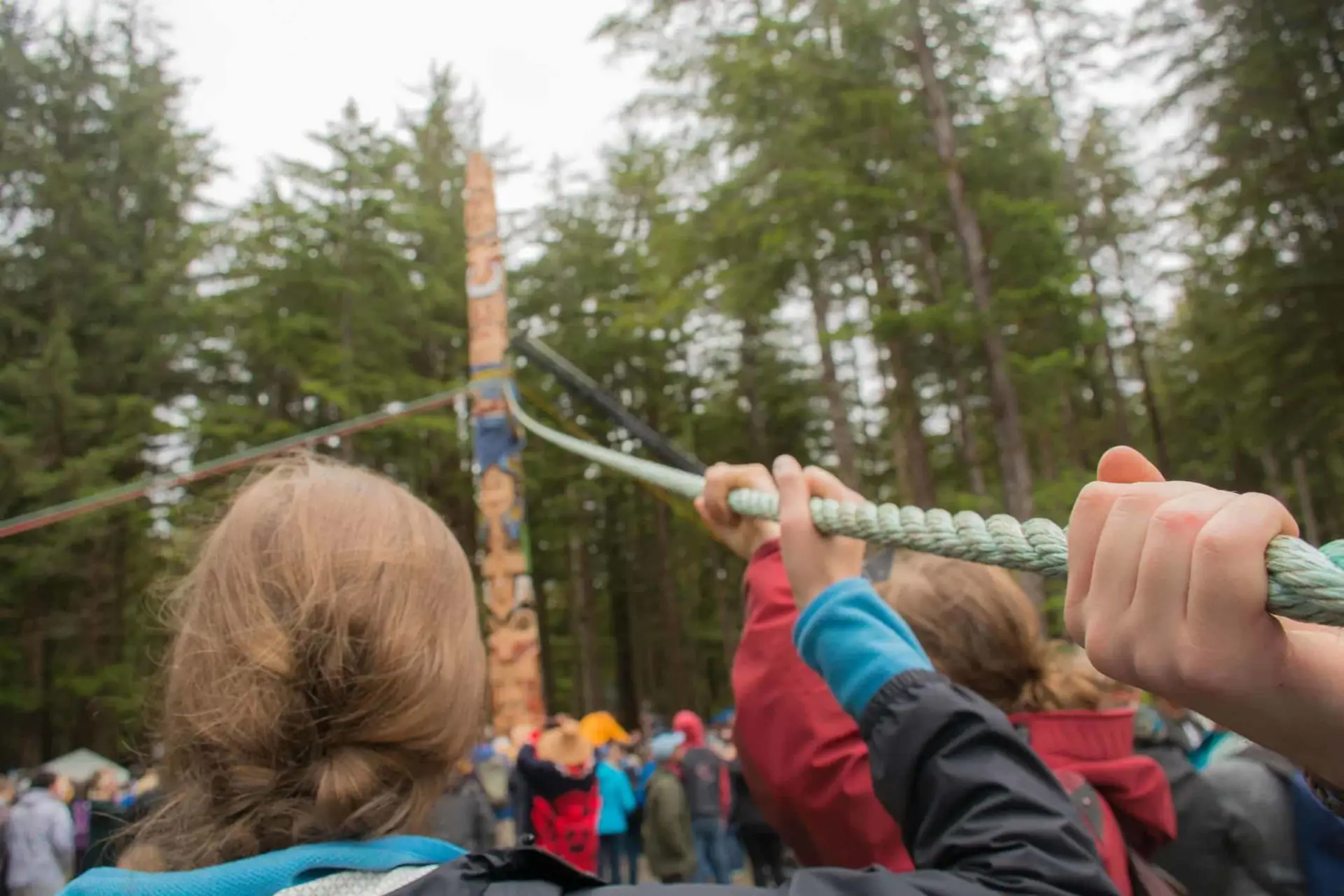
I spent a lot of my time food sourcing for our chefs aboard the Passing Cloud. I met with local farmers and purveyors for the freshest ingredients to encourage our Farm-to-Galley program. I foraged berries, herbs, and sea asparagus, and walked the land where our food grazed and grew.
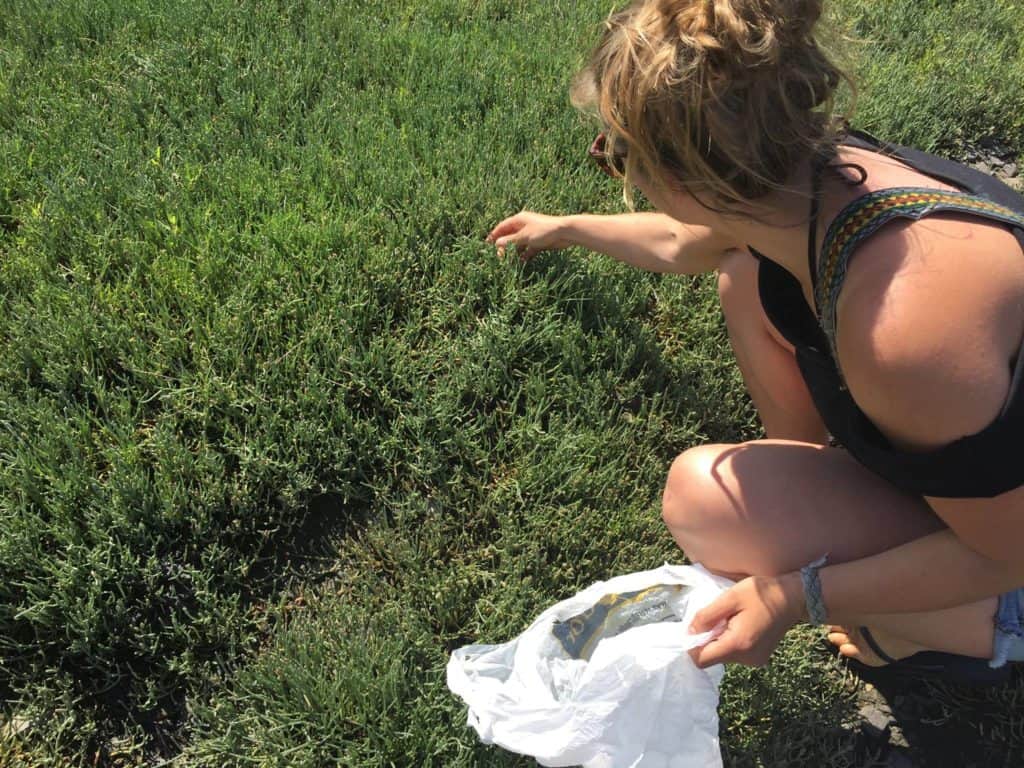
A huge highlight from my summer dispatch was getting to actually meet the guests who join us aboard the Passing Cloud. Typically, I spend months in communication with excited guests as they prepare for a voyage of a lifetime. I learn about the intricate details of their enthusiasms and travel plans, and before this year, I would never get to meet them. To be able to put a face to the name and greet them at the beginning of their adventure this year meant so much to me, and I hope to them as well.
I would prepare our guests for their transit aboard the De Havilland Beaver floatplane to get to the Passing Cloud in Gwaii Haanas National Park for their expedition start (sometimes stowing away for the ride!). I would welcome them back upon their return after the weeklong voyage in the remote wilderness. As they set foot back on the dock in the pseudo-city of Queen Charlotte, their shoulders were relaxed, their eyes smiled, and there was a certain calm that hovered above the group. Hugs were stronger than words at this exchange to tell me just how much their expedition meant to them.
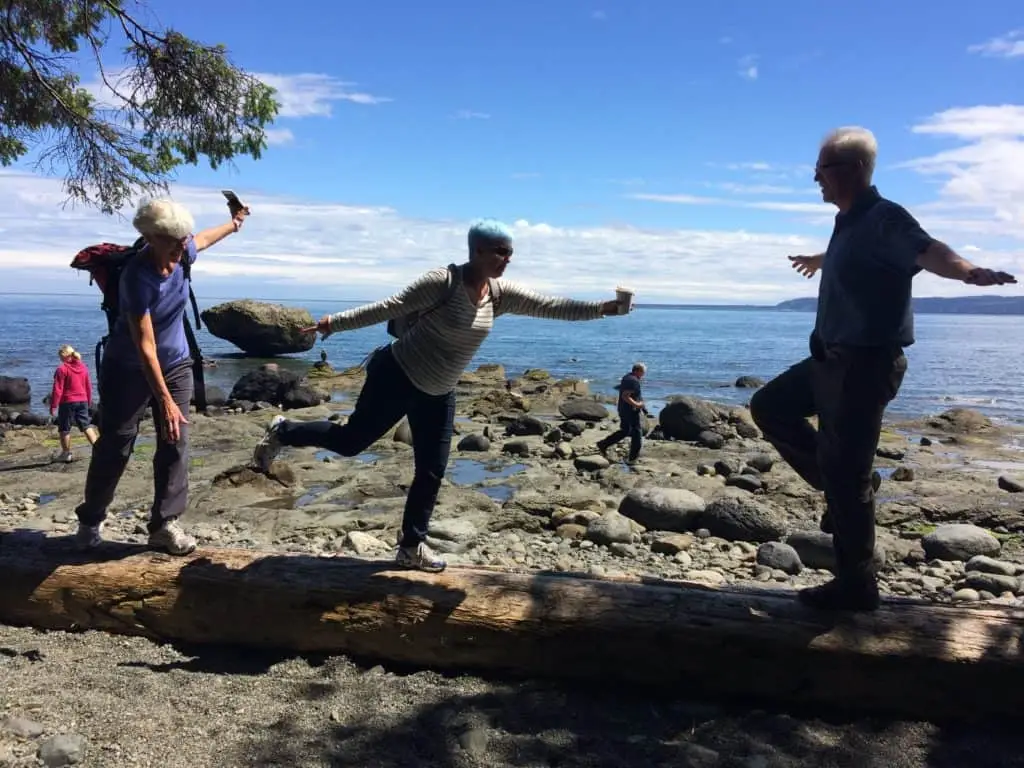
Before this summer, I would get phone calls and emails several weeks later, thanking me and telling me highlights of their time with us, but there was no way for me to get a proper sense of what they really took away with them. My favourite thing was watching how their faces had changed by the end of the expedition. I would like to thank all of our guests for sharing this with me in person. This reminds me of the reasons why we do what we do.
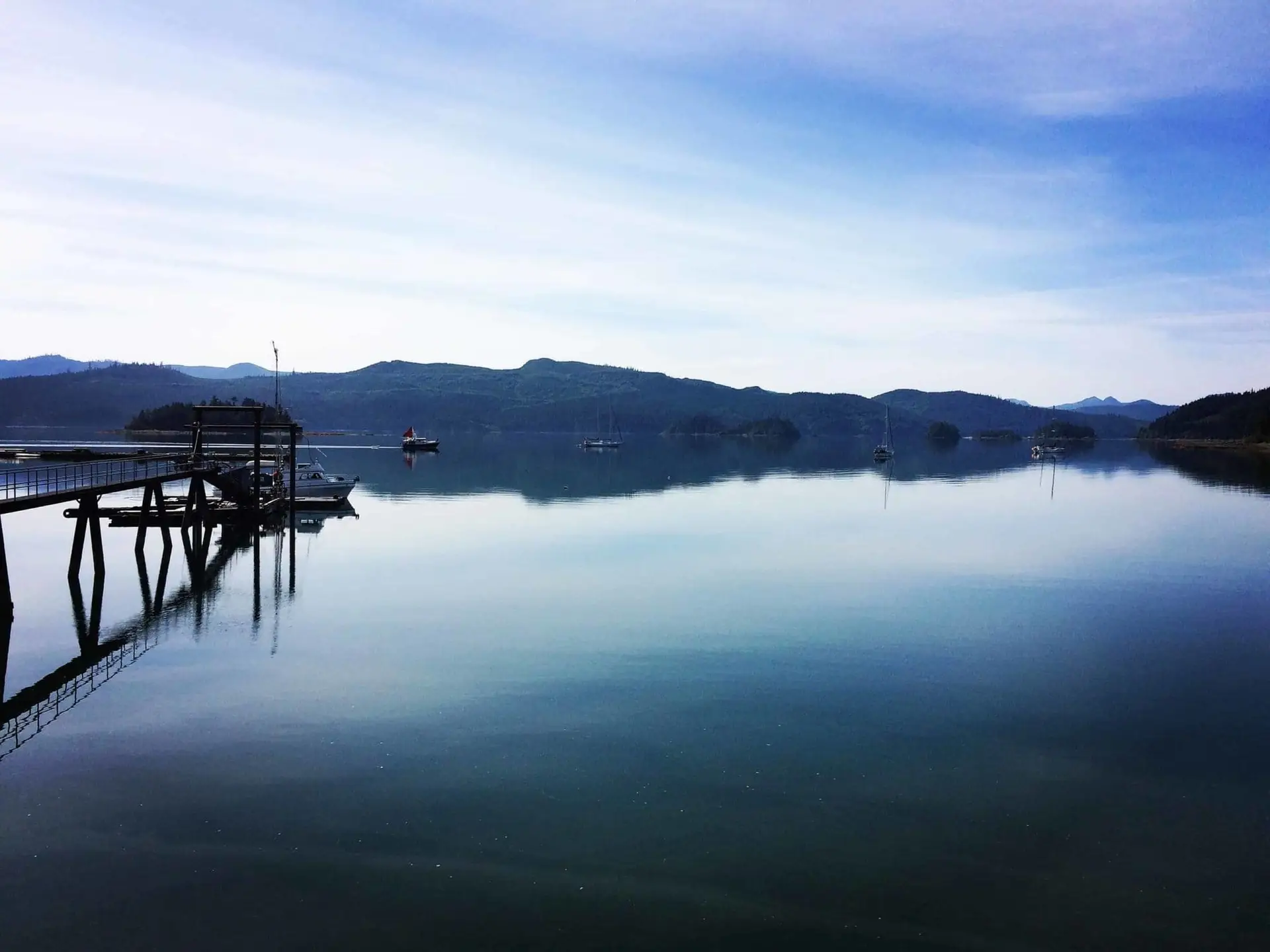
I shared an incredible office overlooking the Skidegate Inlet with the floatplane pilot from Inland Air, Peter Grundman. Peter has been flying on the west coast for over 40 years and nearly 25 years in Haida Gwaii alone. He is much more than a pilot, but rather a guide of the sky as he regales our guests of facts filled with anecdotal lore about the most remote inlets and coves throughout the island archipelago. He is an integral part of the process of getting our guests to the Passing Cloud and was a warm and welcoming office-mate and friend for my summer sojourn away from home.
